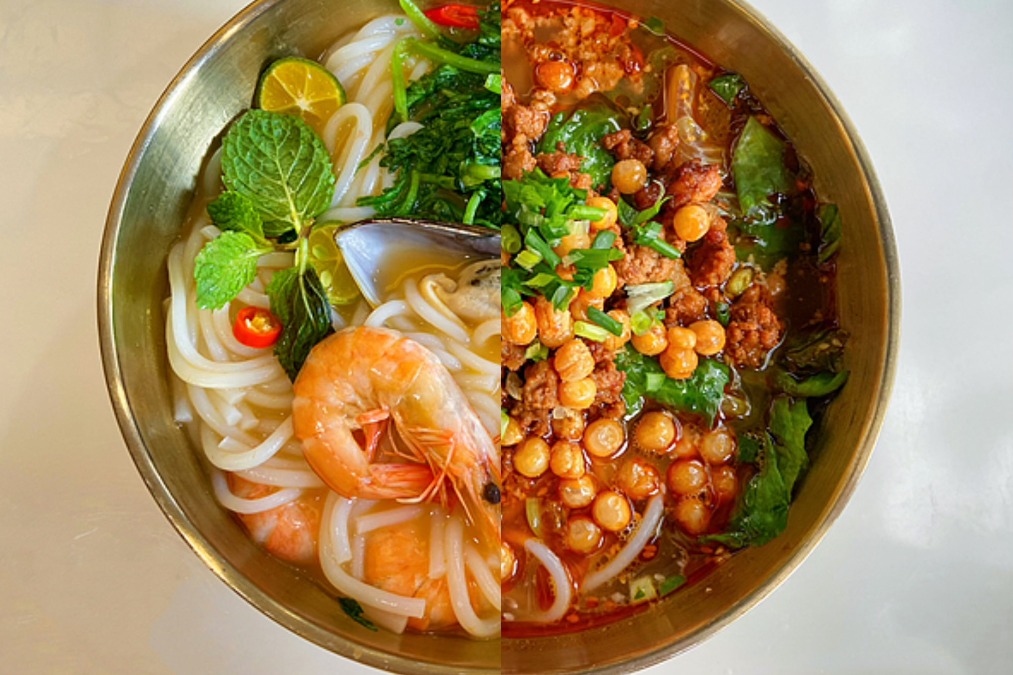From the farm gate to your door, via the net


According to a report by Xinhua News Agency on June 3, total revenue of agricultural products sold online reached 283 million yuan from January to April, 28 percent more than in the corresponding period last year.
"Every day we have about 800 to 1,200 orders online that sell over 200 types of local products around the country," says Hua Xi, a Guizhou native in her early 30s who has been helping local farmers sell products such as bamboo shoots, sticky-rice liquor and cinnabar online.
"It helps farmers to raise their incomes and promote entrepreneurship," Hua says.
Hua attended the National People's Congress in Beijing as a deputy last month. Hua, of the Dong ethnic group, says she set up her own e-commerce business in 2015. In April that year she moved her business to Rural Taobao, an e-commerce project set up by Alibaba Group "to turn China's rural residents into online shoppers and sellers". Hua says that by the first half of 2017 the annual value of her sales had surpassed 1 million yuan.
Several weeks ago Cui Shuxia, 80, of Taipingbao village in Xixian New Area, Shaanxi province, appeared in her grandson's live streaming show to promote and sell apricot.
She ate apricot in front of the camera and talked in Shaanxi dialect. Her video has been viewed nearly 2 million times on Sina Weibo, a major Chinese social media platform. Fans are impressed by Cui's sincerity and her humorous and natural way of talking. Cui not only introduced the history of apricot trees in the village but also told her own stories about growing apricot trees.
"Within three hours we received more than 3,000 orders from consumers," Cui's grandson, Wang Yalou, told CCTV. Wang has run an online store selling local agricultural products for five years.
His family has a farmland of 7 mu (about half a hectare) growing apricot trees. Most of the local villagers make a living by growing and selling fruits, especially apricot.
Because of the coronavirus pandemic, sales of local agricultural products fell early this year. On May 24 Wang launched the first live-streaming show on Taobao to promote his products.
"I'm very shy when I talk to the camera but my grandmother is very good at it. She knows a lot about apricots because the village she lives in has grown them for more than 100 years and has become very well known because of that."
Now, with apricots in great demand, Wang buys them from local farmers to sell online. "This is going to change the whole village," he says.
During a tour of Zhashui county in Shaanxi province on April 20, President Xi Jinping met a group of merchants who were using live-streaming to sell mu'er, a black fungus. China Central Television showed Xi telling the group that "e-commerce is very important in promoting agricultural products and has a big role to play".
Celebrities also use their star power to promote agricultural products of rural China. For example, on April 6, the live-streaming celebrity Li Jiaqi and the CCTV presenter Zhu Guangquan joined to sell agricultural products from Hubei province, which attracted over 10 million viewers and sold products of over 40 million yuan that night.




































